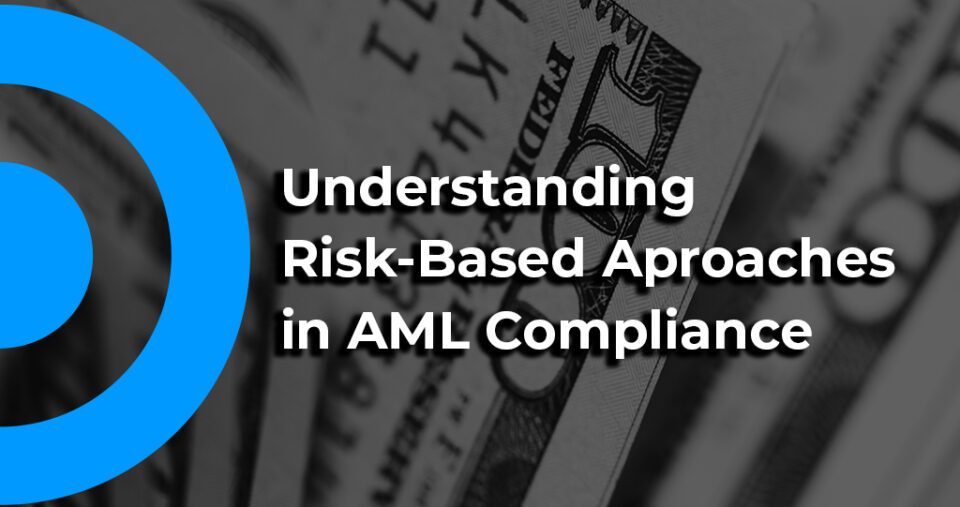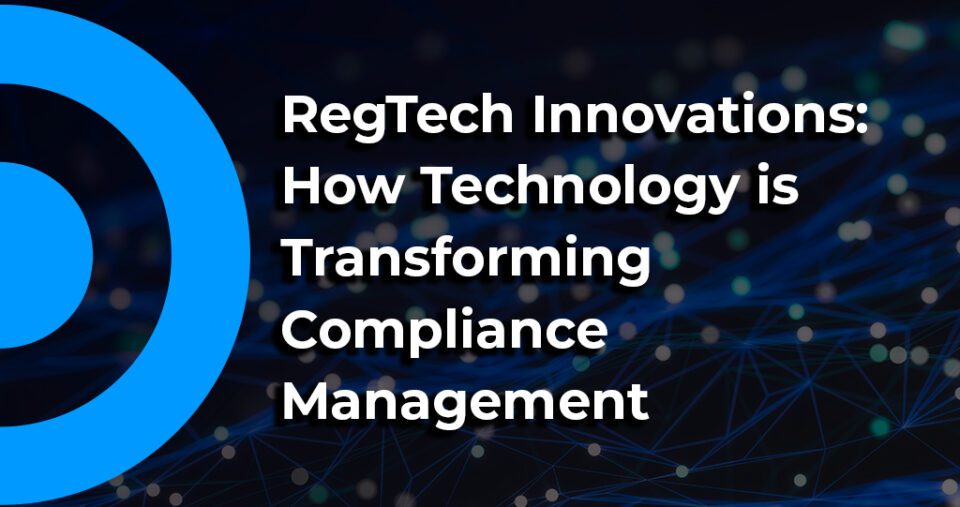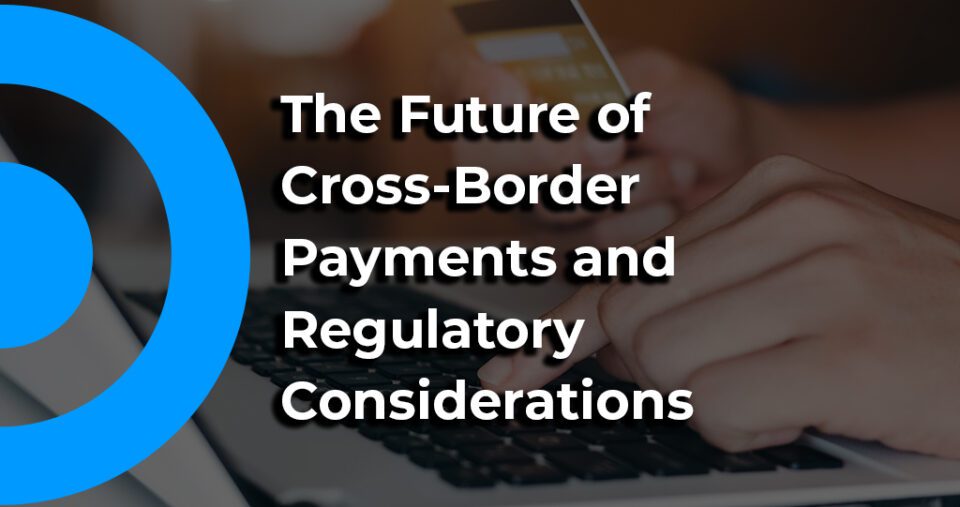
Embracing Open Banking in Canada’s Saturated Market: A Compliance Perspective
May 8, 2024
Get Your UAE PSP License: Steps, Fees & Requirements
May 16, 2024Global Compliance in 2024: A Compliance Professional’s Guide
The global regulatory landscape is evolving, bringing new compliance challenges and regulatory changes. For organizations operating in highly regulated industries, keeping pace with these changes is a significant challenge. In this blog post, we will explore the current trends and practical tips for staying ahead in this changing world.
Understanding the Evolving Regulatory Landscape
In 2022, the number of regulatory events monitored by Thomson Reuters across 190 countries was 61,228, equivalent to an average of 234 daily alerts. This is a staggering number, indicating not just the volume of regulations that companies have to keep pace with, but also the rate at which they are evolving.
- AI-Powered Regulatory Change Management (RCM) Systems: These next-generation RCM solutions leverage artificial intelligence (AI) to automate tasks like regulatory change identification, impact assessment, and gap analysis. They can crawl vast regulatory databases, identify relevant changes based on pre-defined rules, and prioritize them based on potential risk.
- Natural Language Processing (NLP) for Regulatory Text Analysis: NLP technology can automatically extract key information from complex regulatory documents, saving compliance teams significant time and effort. NLP can identify obligations, deadlines, and reporting requirements, allowing for faster and more accurate compliance assessments.
Read more about Your Partner for Comprehensive Compliance Mastery – Paycompliance
The Rise of the Machines: Digital Reporting Revolution
One of the most significant trends reshaping compliance is the growing emphasis on digital reporting. Regulatory bodies like the European Securities and Markets Authority (ESMA) are mandating electronic reporting formats like XBRL (eXtensible Business Reporting Language) for improved data consistency and analysis. Here’s how to embrace the digital revolution:
- API Integrations for Seamless Data Collection: Modern compliance software solutions offer Application Programming Interface (API) integrations that can connect seamlessly with various internal systems. This allows for automated data collection from disparate sources, eliminating manual data entry and reducing the risk of errors.
- Blockchain’s Potential for Enhanced Security and Auditability: While not mandatory yet, blockchain technology holds promise for revolutionizing digital reporting. Blockchain’s distributed ledger system provides an immutable record of transactions, enhancing data security and auditability. Consider partnering with a compliance service provider with expertise in emerging technologies, like Paycompliance, to stay ahead of the curve.
Transparency Takes Center Stage: Building Trust in the Age of Regulations
The regulatory landscape is not just about adhering to rules; it’s also about fostering trust with stakeholders. In 2024, transparency is no longer a nicety – it’s a core principle. Here’s how to cultivate an environment of trust:
- Secure Collaboration Platforms: Leverage secure collaboration platforms to facilitate communication and information sharing with stakeholders. These platforms offer features like document management, access controls, and audit trails to ensure secure data exchange.
Cross-Border Complexities: A Maze of Nuances
Expanding your operations globally opens a new dimension of compliance challenges. The financial compliance regulations in each market you operate in will have subtle nuances. To navigate this labyrinth effectively, consider these data points:
- KYC/AML Harmonization Efforts – Progress and Challenges: The Financial Action Task Force (FATF) is continuously working towards harmonizing Know Your Customer (KYC) and Anti-Money Laundering (AML) regulations across different jurisdictions. However, progress remains uneven, with some countries implementing stricter regulations than others.
- The Rise of RegTech Solutions for Cross-Border Compliance: RegTech solutions specifically designed for cross-border compliance can help automate KYC/AML processes, manage customer onboarding across different jurisdictions, and generate country-specific compliance reports.
The Compliance Professional’s Toolkit: Strategies for Success in 2024
Here are the key weapons in your compliance arsenal for 2024, with a focus on technical solutions:
- Cloud-Based Compliance Management Systems (CMS): Cloud-based CMS solutions offer centralized access to compliance data, reporting tools, and workflow management capabilities. They eliminate the need for on-premise infrastructure and allow for secure access from anywhere with an internet connection.
- Data Visualization Tools for Enhanced Reporting: Modern compliance software often includes data visualization tools that can transform complex compliance data into clear and concise reports and dashboards. This allows for better communication of compliance risks and progress to senior management.
Addressing Key Compliance Challenges in 2024
Some of the biggest stumbling blocks you need to avoid include:
1. Keeping Up With Regulatory Changes: Staying informed is more important than ever.
2. Managing Compliance Costs: Ensuring compliance requires a combination of robust technologies, well-trained staff, and carefully constructed policies.
3. Maintaining Data Privacy and Security: With the rise in digital reporting, maintaining data privacy and security must be one of your top concerns.
Read more: Revolutionizing Finance: Blockchain’s Impact & Future Trends
Proactive Strategies for Compliance Management
Staying ahead of compliance requirements demands a proactive approach. Here are a few tips for getting proactive about global financial compliance in 2024:
1. Invest in Compliance Tech: Use advanced compliance software that can adapt to changing regulations and automate compliance processes.
2. Train Your Personnel: Conduct regular training sessions for your team to ensure they are up-to-date with the latest regulations.
3. Stay Apprised of the Latest Trends: Embrace the challenges and opportunities that come with global financial compliance and lead your organization toward sustained success.
Embracing the Challenges and Opportunities
Global financial compliance is a complex and ever-evolving landscape. By staying informed, investing in compliance technology, and training your personnel, you can stay ahead of the curve and ensure your organization remains compliant while maintaining financial success.
Are you ready to navigate the ever-changing global regulatory landscape with confidence and compliance? Join us at PayCompliance to stay informed, proactive, and ahead of the curve. Explore our resources, insights, and expert guidance to empower your organization to adapt to regulatory changes, manage compliance challenges, and thrive in a complex financial environment. Take the first step towards ensuring your organization’s compliance success. Visit PayCompliance.com today and equip yourself with the tools and knowledge needed to navigate the dynamic world of global financial compliance.
Conclusion
Adapting to the changing regulatory landscape is crucial for organizations operating in highly regulated industries. By understanding the evolving regulatory landscape, addressing key compliance challenges, and implementing proactive strategies, you can ensure your organization remains compliant, maintains financial success, and stays ahead in a changing world.



